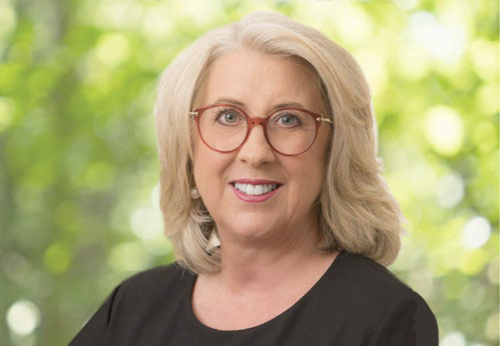While many married or de facto couples terminating their relationship try to work things out amicably, it can be tough. Here’s this person you thought you’d spend the rest of your life with, and now you don’t even want to sit next to them at the same table. But it’s almost always best to avoid court, at least in the beginning. We recommend trying a number of alternatives, before going to Family Court:
Work it out on your own
Sit down and talk to each other. This can save both of you time and money. And being able to work things out at such a difficult time in your relationship bodes well for the future, demonstrating that despite the breakdown, you can work together for what’s best for everyone.
Family Dispute Resolution
Many couples start with family dispute resolution. Trained practitioners in the field of family disputes, with additional training in law, social work and psychology work with a separating couple to help them through the process. This is generally used when children are involved.
Mediation is led by a trained, objective person whose role is to help each of you define the issues at hand, manage the discussion and come up with solutions. The mediator is interested in resolving the problem in the best way possible for everyone involved. The mediator does not judge or make a final decision but will help you come to your own resolution.
Collaborative Divorce
Collaborative divorce is similar to mediation but each side also has a lawyer and often a social worker or counsellor and a financial advisor are involved. Together all sides work together to help both of you come up with a solution that works for everyone. Among the incentives to make this approach work: if negotiations fail, neither sides’ lawyer can represent them in court.
When is it time to throw in the towel and go to Family Court?
Sometimes though, Family Court may really be the right way to go. Here are some factors to consider when making the choice whether to continue (or start) alternative approaches or go to Family Court.
Imbalance of Power
If your partner is abusive or domineering or makes more money or controls the finances in the family, this may put you in a much weaker position if you are trying to work it out by yourselves. While some neutral third parties like a mediator have experience handling these types of people, you still might find yourself stuck and unable to move forward.
Your Partner has an Aggressive Lawyer
Even the most well-meaning of people can fall under the spell of a tough lawyer. If they are working towards “getting even” rather than being fair, it’s probably time to go to Family Court and let a judge decide.
Your Partner does not Communicate
Each side has to be willing to talk about the issues at hand, express their needs and wants and listen to the other side. You can’t really work out a problem with someone who refuses to show up to meetings or won’t express what they want or won’t agree to anything, If this describes your partner – repeatedly – it may be necessary to find a good lawyer and turn to the Family Court.
Vanessa Mathews is an accredited specialist in family law, and has the expertise and experience to provide you with the separation and divorce legal advice you are looking for.
Contact Byron Bay Family Law & Mediation Specialists, Accredited Family Law Specialist, Level 2, 599 Malvern Road, Toorak, Victoria, phone
1300 635 529, [email protected]
Byron Bay Family Law: www.mathewsfamilylaw.com.au
Family Court of Australia: www.familycourt.gov.au
Federal Circuit Court of Australia: federalcircuitcourt.gov.au










